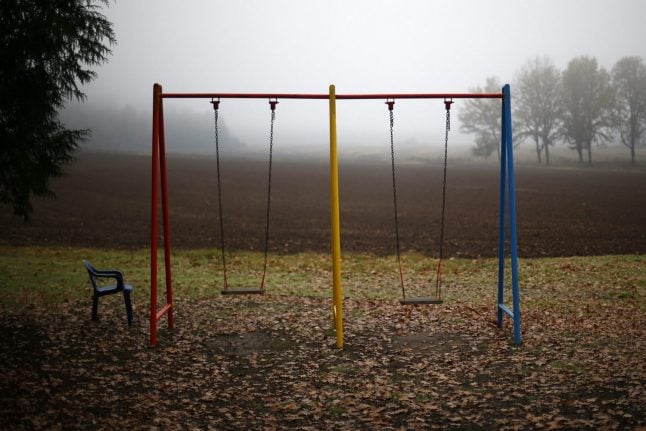He will be replaced by Javier Marin, Santander's current head of insurance, asset management and private banking, said the bank, the eurozone's biggest by capitalization.
Sáenz will be eligible for a pension of close to €88.17 million, reported Spanish news site Te Interesa on Monday.
The lender gave no reason in its statement for the "voluntary resignation" of Sáenz, 70, who had been chief executive since 2002.
Sáenz was convicted in 2011 of lodging a false complaint against certain creditors in order to reclaim debts from them.
The case dated to 1994 when he was chairman of Banesto, a bank that was bought up that year by Santander.
In November 2011 the outgoing Socialist government commuted to a fine his initial sentence of three months jail and a ban from banking. But Spain's Supreme Court partially quashed that decision last week.
The bank said it had nearly quadrupled in size during his tenure, with assets growing from €358 billion ($468 billion) to €1.25 trillion.
"The board of directors expressed its recognition of and gratitude for Alfredo Sáenz' extraordinary achievements since joining the group," it said in a statement.
On Thursday, Santander announced poor than expected quarterly earnings for 2013.
Santander profits were down €1.205 billion year on year, reported Spanish business news site Cinco Días.
Income for the group was also 9 percent down.
The business site said Latin America and the United Kingdom had been major stumbling blocks for the financial group.
Results in Brazil were 3.7 percent down in the first quarter of 2013, compared to the last quarter of 2012.
Meanwhile, overall results for Latin America year on year were down 18.2 percent and business in the United Kingdom was 23 percent lower.
Twelve percent of Santander's business is in Spain.



 Please whitelist us to continue reading.
Please whitelist us to continue reading.
Member comments